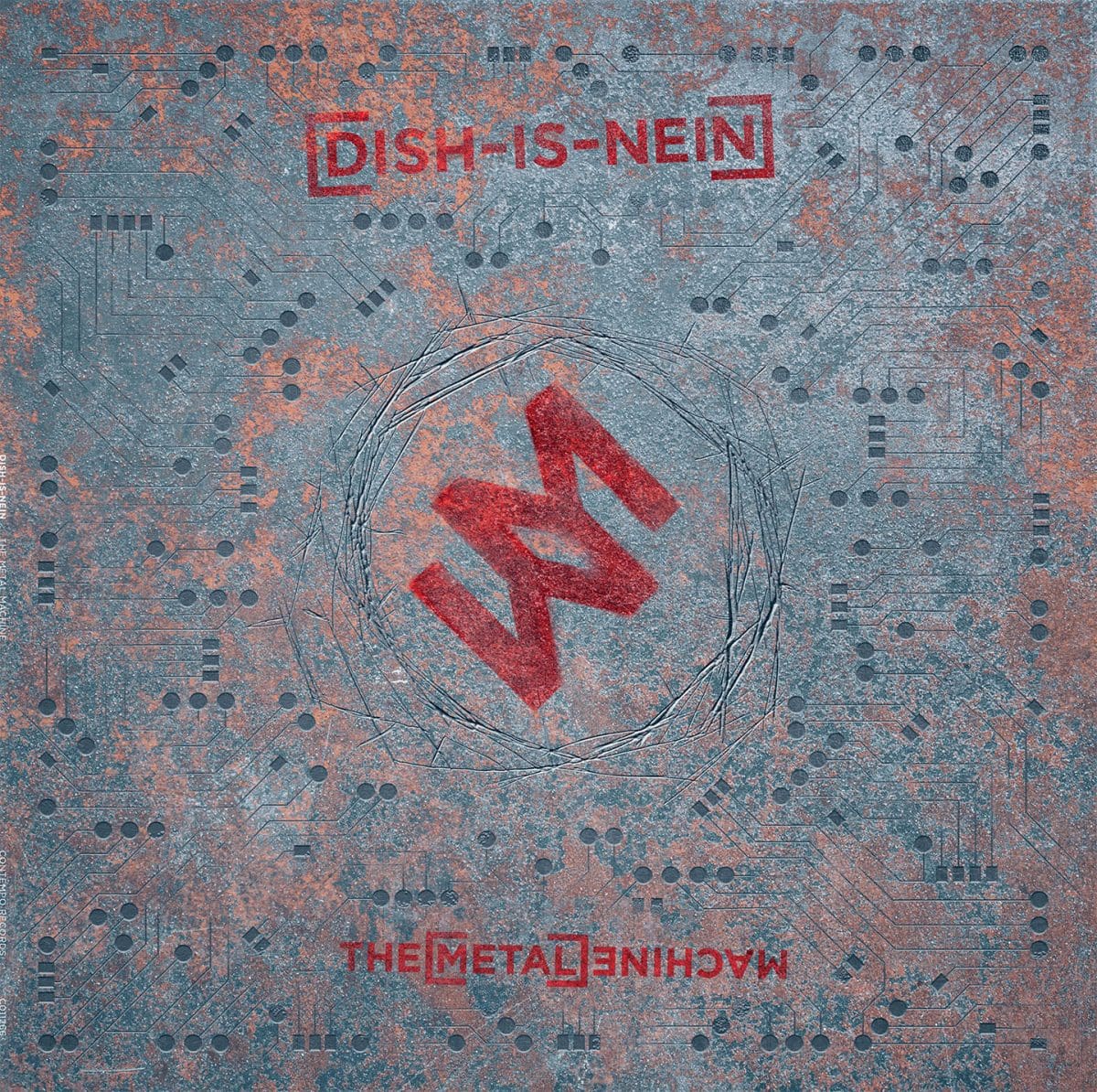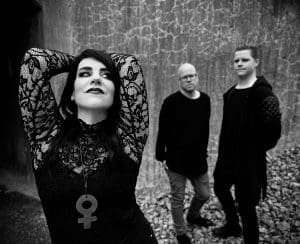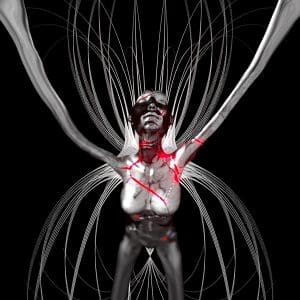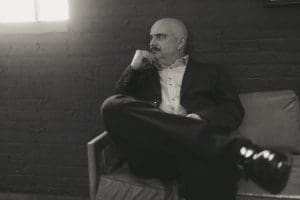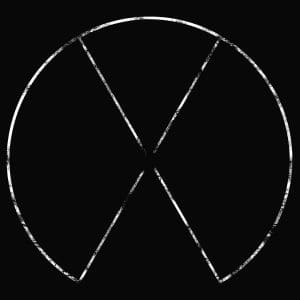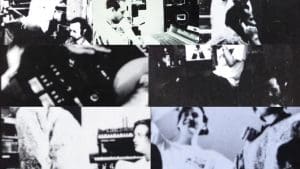When Kraftwerk ‘talked’ with Coldplay

Photo by Florencia Viadana on Unsplash
(Photo by Florencia Viadana on Unsplash ) Here’s a story of something many people are unaware of. When Coldplay released “Talk” (taken from the band’s third album “X&Y”), it was quite clear it was built around a motif from the Kraftwerk 1981 song “Computer Love”.
The birth of the song wasn’t exactly an easy one. A reason to include it and rework it so many times can of course be found in the fact that the band received permission from the electronic music German band Kraftwerk to use the main riff from its song “Computer Love”, from its 1981 studio album Computer World, for “Talk”, replacing Kraftwerk’s synthesizers with guitars. This ‘ok’ added an extra pressure to keep the song.
Coldplay had difficulties with the recording sessions for months, as to the sound of the track. During the recording sessions, which had seen the band scrap huge amounts of material, the song was even left out when they sent early versions of the album to its record label, Parlophone. The song, however, made it to the track list, after it was properly mixed.
Ralf Hütter (Kraftwerk) said ‘YES’ to Coldplay
But what many still don’t know is how the band got the ‘ok’ from Kraftwerk’s founding member Ralf Hütter to use the sample. Chris Martin had sent a letter through the lawyers of the respective parties and several weeks later they received an envelope containing a handwritten reply that simply said ″yes″. Over time the story changed several times, was it handwritten, was it a fax, was it really just a yes or a complete phrase like bassist Guy Berryman once claimed? We’ll never know.
Ralf Hütter said ‘NO’ to hiphoppers
But it’s well known that Kraftwerk is not really ok with unsolicited use of their material. Kraftwerk for instance have won a long-running copyright battle over a two-second clip of their 1977 track “Metal On Metal”. The European Court of Justice ruled that musicians cannot “sample” other artists’ records without permission. Kraftwerk brought the action against hip-hop producers Moses Pelham and Martin Haas in 1999 over the Sabrina Setlur song “Nur Mir”.
Since you’re here …
… we have a small favour to ask. More people are reading Side-Line Magazine than ever but advertising revenues across the media are falling fast. Unlike many news organisations, we haven’t put up a paywall – we want to keep our journalism as open as we can - and we refuse to add annoying advertising. So you can see why we need to ask for your help.
Side-Line’s independent journalism takes a lot of time, money and hard work to produce. But we do it because we want to push the artists we like and who are equally fighting to survive.
If everyone who reads our reporting, who likes it, helps fund it, our future would be much more secure. For as little as 5 US$, you can support Side-Line Magazine – and it only takes a minute. Thank you.
The donations are safely powered by Paypal.


